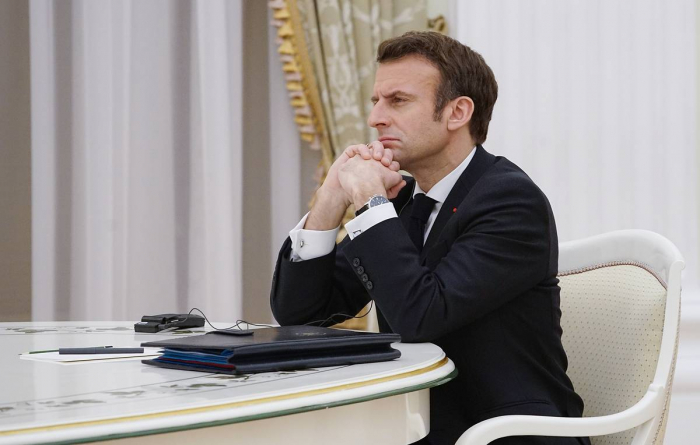Governing France is about to get much harder for Emmanuel Macron.
The French president will accept his government’s resignation on Tuesday, a French cabinet minister told POLITICO, officially starting a transition period during which the outgoing administration plays the role of caretaker government until a new executive is appointed.
This transitory period has never lasted more than nine days — but these are unprecedented times in France.
The choice of who fills the prime ministerial and cabinet positions is up to the president, who mostly does as they please when their party holds an absolute majority in parliament, or otherwise picks the leader of whichever party controls the lower house.
But the fragmented political landscape in France makes it unclear who is set to govern and who will act as an opposition.
Though the left-wing New Popular Front coalition won last week’s snap election, it is far from holding an absolute majority in the National Assembly and cracks are starting to appear in its ranks over who should be put forward as prime minister.
Macron has not yet made clear what his course of action will be, only indicating that, in his view “no one” had won the election and that a cross-party “sincere and loyal dialogue” would be needed “to build a solid majority.”
Under the caretaker government, ministers will continue to deal with everyday files as long as their decisions don’t require a political judgement or don’t raise major legal questions, according to an internal note sent to ministerial Cabinets and seen by POLITICO.
With the Paris 2024 Olympics starting in ten days, some Cabinet members, notably the sports and interior ministers, will be required to remain fully devoted to their tasks.
The transitory period also casts uncertainty over the government's most sensitive file: the budget law for coming year, which is usually discussed in the fall and should be adopted by the end of 2024.
France was in the European Commission's crosshairs for overspending in 2023. Brussels officially launched a so-called excessive deficit procedure against France on Tuesday, meaning that in the months ahead the government will have to reassure the Commission by submitting a plan for new spending cuts.
This year, outgoing Finance Minister Bruno Le Maire implemented cuts of over €20 billion and was planning to make cuts of at least the same amount next year, also by targeting France’s famously generous social outlays.
“We will prepare options for the next government, but it will be up to them to decide,” Le Maire told reporters Monday.
Politico
More about:
















































